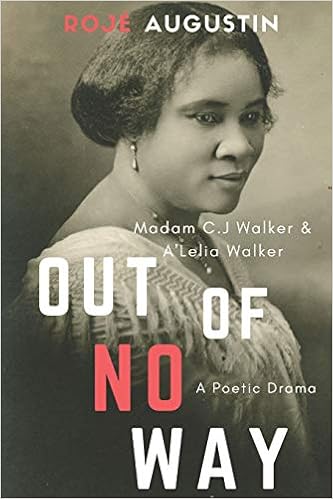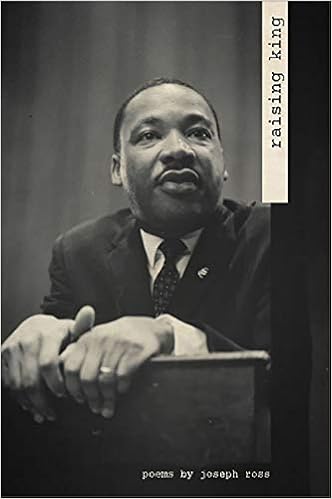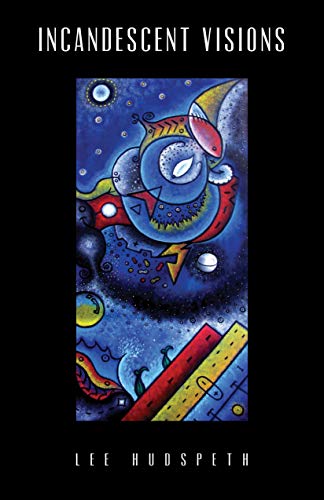
Paperback, 156 pgs.
I am an Amazon Affiliate
Out of No Way by Rojé Augustin, which toured with Poetic Book Tours, is a poetic drama that explores not only the complex woman of Madam C.J. Walker, but also her relationship with her daughter, A’Lelia Walker, who continues the Walker legacy. Sarah Breedlove, who became Madam C.J. Walker, was the first free born child to former Louisiana slaves. Her life was far from easy, orphaned at age seven and married at age 14, but she never let that stop her. She was determined to give her family a better life even as the obstacles like Jim Crow mounted and hatred were everywhere and out in the open. After years of back-breaking labor, earning very little, Madam C.J. Walker invented a hair care formula for Black women and she built an empire, training a number of women as sale agents.
“Out of No Way (which takes its title from an old saying in the African American community to ‘make a way out of no way,’ or to thrive against impossible odds)” (pg. xi)
This title is ever present throughout the poetic drama. It explores the mother-daughter relationship through not only narratives and lyrics, but also sonnets and haiku, elegies, and so many other forms. How can a daughter live up to her mother’s legacy — a mother who struggled to provide the best for her family and did little mothering? From “Le Wa. Ro,” “I became beautiful but bored, and now I find that my things do nothing to my shadows, they are merely sharpened and darkened and cast in high relief…” (pg. 12) Could she live in the shadow of the empire or would she break out on her own?
Augustin chronicles not only the mother’s building of her family and the business, but also the struggles of a daughter who feels abandoned by her traveling mother. “The Lost Letters, 1905-1908” are a testament to these struggles — “Forgive me if I sound hopeless,/It’s just so lonely in St. Louis.” (pg. 27)
Augustin’s poems go beyond the relationship of these two women, touching on the empowerment these women found in their own careers, building their own inner strength. Like in “Why Our Hair is not Straight,” Black women’s hair is not straight because they “curve while dancing” or because “we swirl with high hopes” or because “we bend in prayer.” These women needed to be flexible, to meet the obstacles and find a way around them. Although not always the best or ideal option, some choices left scars.
Augustin’s blackout poem, “Sculptures of Envy,” takes on advertisements for Walker’s hair care system to explore the envy felt by women everywhere when they see another with the appearance or the job they want and how appearance, and hair especially, is a must if women want the job. Black women are particularly held to a different standard. Each of the blackout poems in this section are very exploratory about appearance, envy, desire, and how Black women can take back their power through hair care.
Like the teachings of Dr. Martin Luther King, Jr., Out of No Way by Rojé Augustin explores how oppression harms not only the oppressed by the oppressor. Her words in “Resilience: Making a Way Out of No Way” (a fictitious speech by Madam C.J. Walker), “For the oppressed, the damage is self-evident. For the oppressor, it gives rise to a violent and divided society where the unbridled pressures of injustice rise to a level of self-destruction. White supremacy is the moral ignorance that will destroy America if left unchecked.” (pg. 90)
RATING: Quatrain
About the Author:
Rojé Augustin is a native New Yorker who grew up on the Upper West Side of Manhattan. Her first novel, The Unraveling of Bebe Jones, won the 2013 National Indie Excellence Award in African American fiction. She wrote the novel while living in London and Sydney as a stay-at-home-mom. She established Breaknight Films shortly after her move to Sydney in 2009 to develop and produce television projects across a range of formats, including television, web, and audio. Her first Sydney based project was a podcast and visual web series called The Right Space, which explores the relationship between creatives and their workspace. Rojé continues to work as a television producer while also writing in her spare time. She is an Australian citizen who currently lives in Sydney with her Aussie husband and two daughters.












